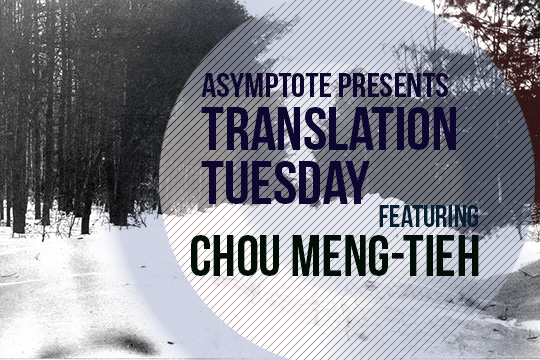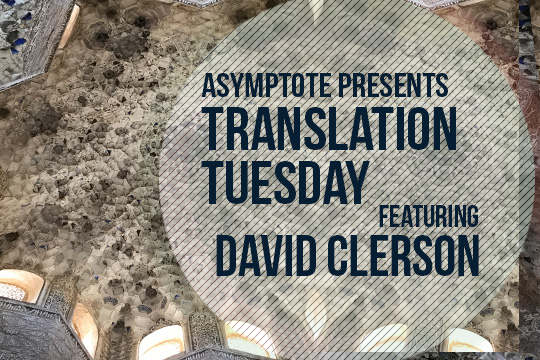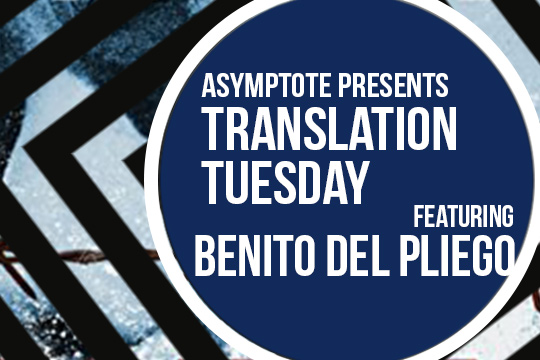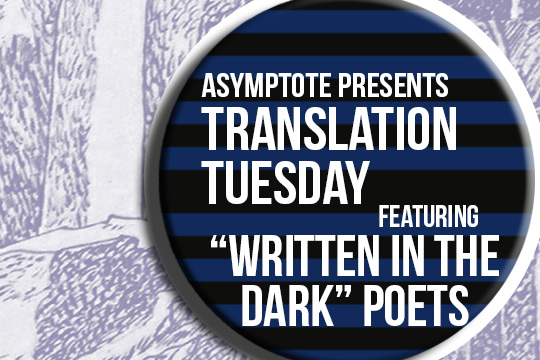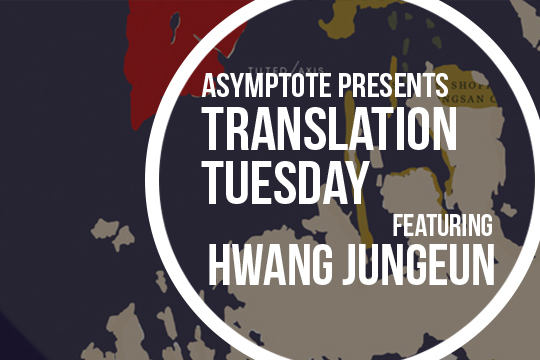Farid Tali’s Prosopopoeia is a hybrid novella—a work of postmodern elegy that narrates the death of a young man from AIDS. We are told this story by the deceased man’s brother, who is at times tormented and mournful, at times disengaged from his French-Moroccan family’s forms of grieving. With “cold curiosity” he even describes the decomposition of his brother’s corpse in dense, poetic language. In the excerpt included here, the narrator reveals his conflicted feelings about religion even as the power and beauty of the Quranic verses sustain him, give him—in the midst of this death song—life.
Forty days would have passed between the first ceremony and the last: there was a time, a dead time that followed the death of the body, which was calm, having been abandoned by pain and now engulfed by two long songs which got mixed up. It was neither a period nor a duration, just a time, sensed too early and known too late. It’s to keep company with the deceased, someone said, so that he knows where he’s going, that he won’t be alone there. His room had been emptied of all furniture; it was also the room in which I slept. I was crouched in a corner: old, Arab men with receptive palms were sitting in an almost perfect circle in which each one in his place rhymed with another. And those soft, rhyming words, whose meaning I could not understand, seemed to be coming out of their palms. I knew they were from the Quran, that it was music, I recognized its rhythm. I breathed in the syllables, they cure tuberculosis. I hung on to each successive rhyme, each time it was the same. I puffed out my chest at the beginning of every verse, it was like nectar for my lungs. The words came loose as though liquid and, flowing in a single gush, came to rest on my lips as at the source of a garden as old as several years of drought. The words came but in written form only, dressed in strength and glory, borne in those sacred characters that symbolized for me the essence of the divine. They had neither body nor flesh but were men. They came from the bottom of the throat—from the base of the larynx, to be more precise. From the voices of those one seldom hears, beyond the commonness of the everyday, composed of a balance between breath and sculpted air. They possessed nothing more than the appeal of written things and they were no less beautiful for it. I thought this as I listened, and I listened. It might have been God or madness or love, but so what. Certainly I was wrong to think that to love this singing as I did meant I believed in God, that there could be no beauty in a moment such as this without it having been dictated by him. I didn’t think I could be this deluded, that I could be so unhappy as to confuse pleasure with faith. I saw truth where there was none, as is the case often.
That autumn I believed in God for three months while the metro trains screeched along, especially where there were bends. I believed because I was reading the Quran (and I was haunted by the idea that my hands were too dirty to touch it, that for every page I turned I needed water—or sand, as I’d heard it said of those primitives, Muslims of the desert, who in the absence of water were permitted, by way of ablution, to rub their bodies and hands with a stone or with sand) and because it made me fear God.



